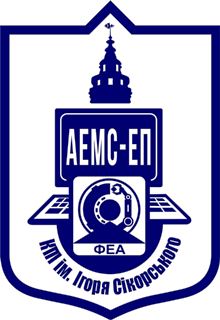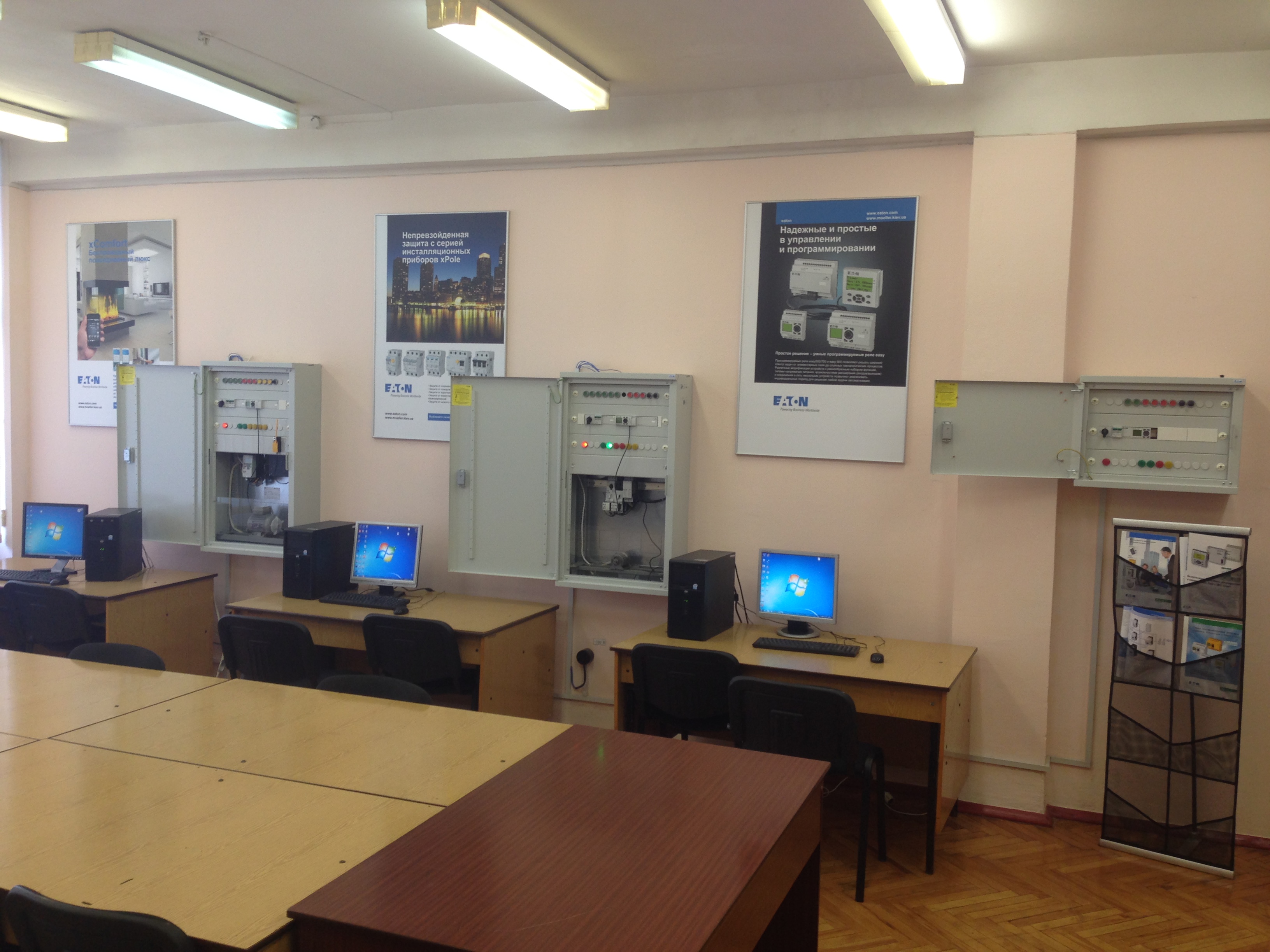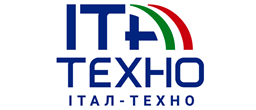| Subject / Educational component | Control and Automation of Technical Systems |
| Educational level | second (master’s) |
| Year of study, semester | 1 (1) |
| Number of ECTS credits | 5.5 |
| Language of study | English |
| Department | Automation of electromechanical systems and electrical drives department |
| Assumed knowledge and prerequisites | Knowledge of elements and electrical devices, synthesis of logic circuits, automation systems. |
| The scope of the course | – design methods for automation systems based on programmable logic controllers;
– programming language “functional blocks and diagrams”; – programming language “structured text”; – software packages for programming logic controllers. |
| Rationale | Automation systems based on programmable logic controllers are used in all areas of human activity. Implementation of automation can improve process efficiency, quality characteristics of the system and controllability. |
| Learning outcomes
|
– develop programs for the implementation of automation functions;
– debug and test programs that automate various processes; – design automation systems based on programmable logic controllers. |
| Competencies and skills
|
Develop and maintain automation systems based on programmable logic controllers. |
| Instructional Materials: | Syllabus, learning materials (guidelines for laboratory work) |
| Mode of delivery: | lectures (seminars / workshops / tutorials) |
| End-of-semester control: | exam |
The program of module “Control and automation of technical systems 1” covers the principles of automation systems building based on programmable logic controllers that comply with the International Electrotechnical Commission IEC 61131, as well as the basics of program development in two languages of this standard.
The first chapter is about the general construction principles of microprocessor automation tools, their development history, structure and working principle of programmable logic controllers, ways of information presenting in microprocessor systems, principles of microprocessor controllers construction and programming. The basic and specialized data types, the rules for creation of variable identifiers and variable addressing principles are considered in the second chapter of the discipline. he third section covers a description of programs organization modules and their main differences. Rules of programs organization modules are illustrated on the examples and the basic approaches used for the program creation are given. The information about work principle, terms of use, basic operator’s syntax, functions and functional blocks on programming languages FBD and ST are described in the fourth chapter.











